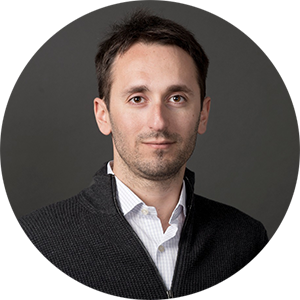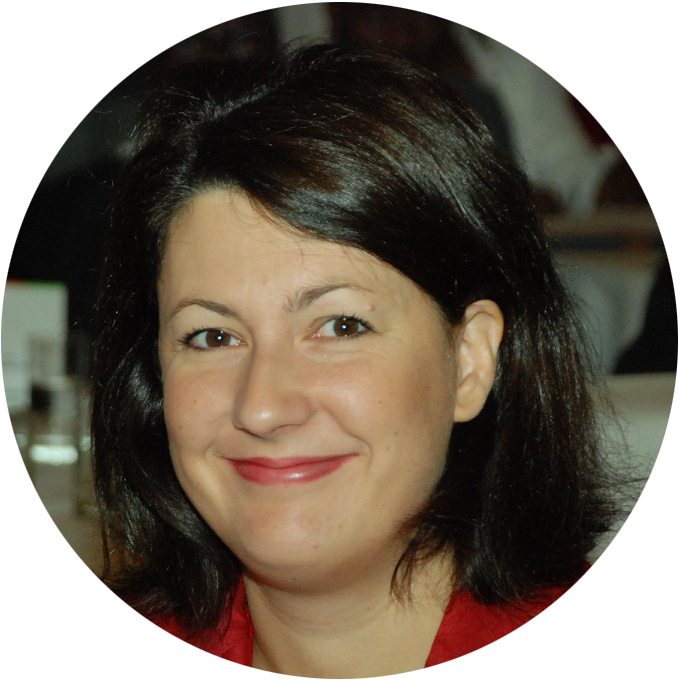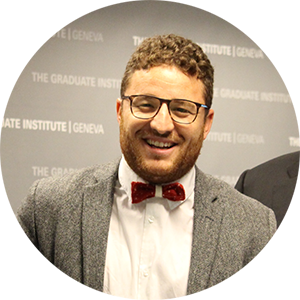Our programme will provide you with the analytical mindset, ethical reflections, leadership and communication skills indispensable to design and implement effective advocacy campaigns in national and international settings. Our programme focuses on how to influence policy-making in competitive, multi-layered environments, whether you work in the private or public sector, as a diplomat or policy-maker representing a public authority or Permanent Mission, in International Organisations or for the NGO community.
Objectives
- Influence multiple stakeholders to seek funding for a cause, implement an advocacy project or lobby for/against policies
- Acquire appropriate communication skills to advocate in persuasive and efficient ways when you need to mobilise resources with potential partners, engage with media and policy-makers or any relevant stakeholders
- Develop analytical and practical tools to plan and implement campaigns in international, regional, national or local environments with tangible results
- Meet advocacy practitioners, policy-makers and experts from diverse sectors and expand your network on your professional path
- Obtain a degree from a renowned institution specialised in international affairs, leading to a comparative advantage for a promotion or a professional transition
Who is this programme for?
This programme is particularly relevant for mid to senior level practitioners from the private, public, international organisation and NGO sectors working or aspiring to work in the fields of:
- Advocacy and public affairs
- Communication and public relations
- Fundraising and resource mobilisation
- Campaigning
- Government affairs
- Corporate social responsibility, Environment, Social and Governance
- Diplomacy and civil service
Related SDGs

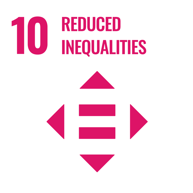
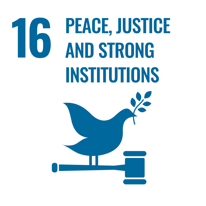
Module 1
Context, Actors and Strategies - Certificate & Diploma - In-person and online
- Discover the web of actors involved at global, regional and national levels
- Raise awareness of units and levels of analysis, encompassing legal and political dimensions, and constellations of actors
- Through case studies, sharpen your strategic-thinking skills and trends
- Two full-days devoted to professional development, with a focus on leadership
Module 2
Tactics, Tools and Outcomes Measurement - Certificate & Diploma - In-person
- Master up-to-date tools and tactics to execute and measure successful campaigns
- Create and present a concrete advocacy campaign in groups at the end of the module
- Discover fundraising and philanthropy techniques
- A two-day upskill devoted to storytelling
Module 3
Multilateralism in a new international order - Diploma - E-learning
- The foundations of multilateralism
- Multipolarity and a system under pressure
- New dynamics, new arenas, new actors
- Technology and the new frontiers of multilateralism
- AI for negotiation (2 days online webinar)
- Research methods and tools
Module 4
Topic of your choice - Diploma - In person
- Diplomacy in a new international order
Gain a solid understanding of the changing diplomatic and policy spheres to become a key player on the international stage
- Policy amidst transformation
Develop an agile, creative and forward-looking mindset to shape contingency-proof policy responses
- Negotiations and new contexts
Experiment with innovative tools to sharpen your negotiation and mediation skills in complex situations
- Selection is primarily based on the candidate's professional experience and motivation
- A bachelor's degree is required, or a degree/diploma deemed to be equivalent (no particular discipline required)
- A minimum of five years of full-time work for the Executive Certificate and eight years for the Executive Diploma is highly recommended. Participants typically range between 30 and 50 years of age
- Proficiency in English is required
Executive Certificate in Advocacy and International Public Affairs
Certificate of Advanced Studies (15 ECTS)
Requires successful completion of Modules 1 & 2 assessments and final paper
Executive Diploma in Advocacy and International Public Affairs
Diploma of Advanced Studies (30 ECTS)
Requires successful completion of Modules 1,2,3 & 4 assessments and final paper
This programme counts towards the Executive Master in International Relations.
- Start the application process by clicking on the red "Apply now" button (available when applications are open)
- Provide a copy of your certifications and diplomas
- The admissions committee will then evaluate your application and come back to you in the following two weeks
To complete the programme, participants are expected to:
- Attend a minimum of 80% of the sessions - participants can miss a maximum of 3 days of classes for the Executive Certificate, five days for the Executive Diploma
- Complete each module's assessment - evaluations consist of a paper for Module 1 (take-home assessment) and an in-class group presentation of an advocacy campaign for Module 2
- Submit a final assessment related to the Module 2 advocacy campaign (take-home assessment)
For any questions related to payment, financial assistance, changes in programmes, prices, and conditions of withdrawal, please visit our Terms & Conditions page
The programme offers a mix of face-to-face, online and e-learning modules:
- Module 1 is delivered face-to-face in Geneva for six days and online for two days
- Modules 2 and 4 are delivered face-to-face in Geneva
- Module 3 is a five-week e-learning session (asynchronous) including a two-day online session (synchronous)
Classes start at 9 am and finish at 5:45 pm (adjustments are possible). Days are a bit shorter during the live virtual classroom to adapt to the online format.
Speakers
-
Expert practitioners advising global companies and international organisations
-
Academic thought-leaders exploring pressing global issues
-
Case studies and guest speakers change yearly according to the most recent developments. A high number of senior executives were welcomed over the years from all organisations, including Leidar, WEF, Bloomberg, IUCN, GAVI, WHO, EACD, European Centre for Public Affairs, DNDi, EPFL, International Crisis Group, UNI Global Union, Interpeace, IFPMA, FoodDrink Europe, the European Commission, Apprentis d'Auteuil, Accenture, Syngenta, Acumen Public Affairs, the European Parliament, Swiss Permanent Mission to the EU, Airlines for Europe, 7-Eleven, MSF, UNIL, FIFDH, International AIDS Society, EBU
Upcoming events
Subscribe to our newsletter





